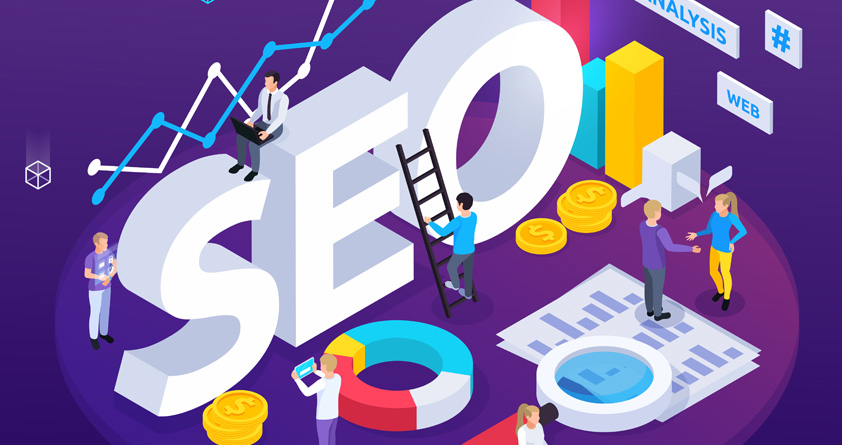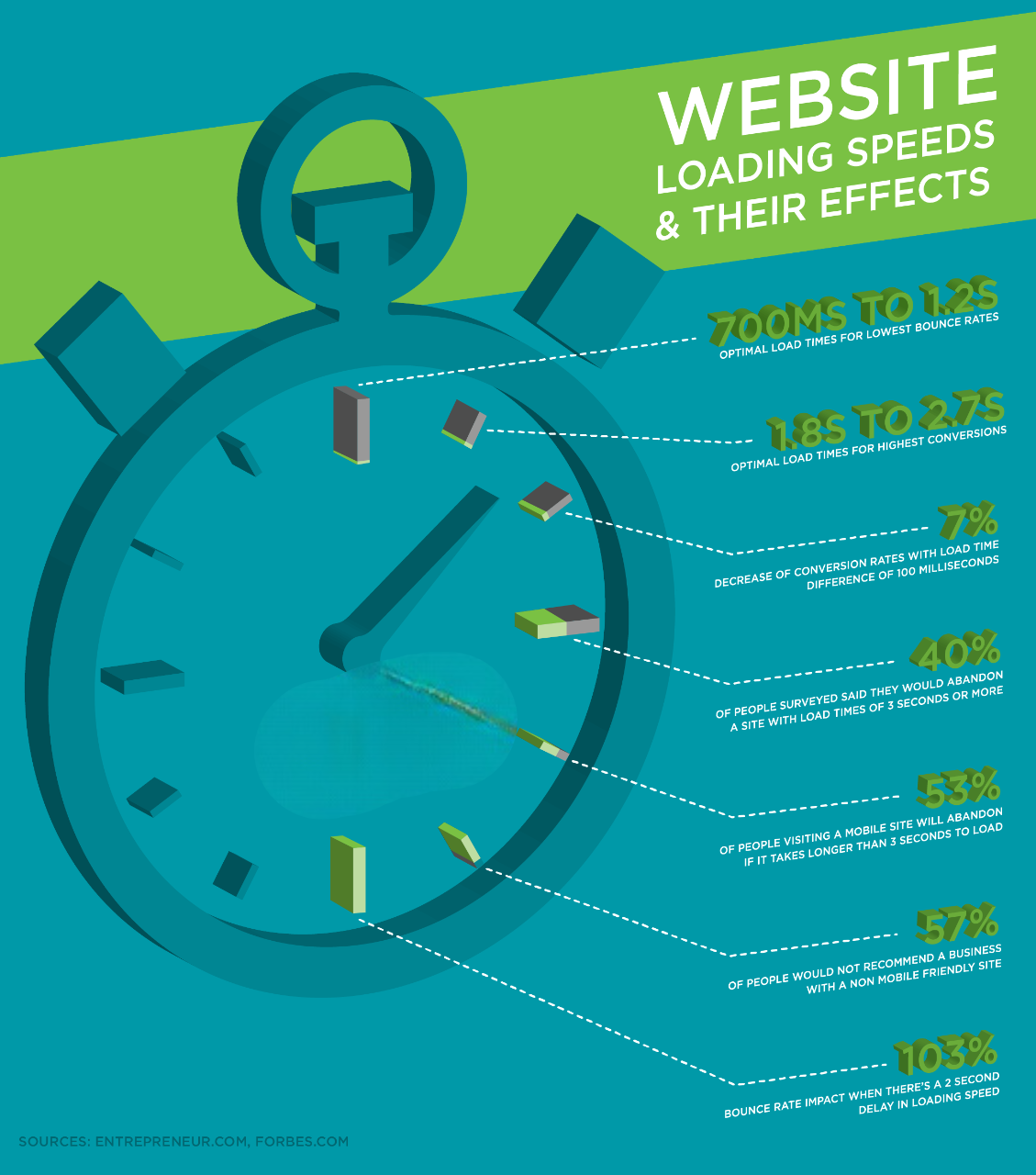Why Web Speed Matters: A Critical Factor for UX and SEO
Patience is a virtue rarely found in this fast-paced world of the digital age. Slow loading times, among other things, can quickly turn users off websites, thus leading to diminishing user engagement and search engine rankings.

User Experience and Loading Times
- Bounce Rate: If a page loads too slowly, users are more likely to abandon it, and you will therefore notice a very high bounce rate. This is bad for your SERP results.
- User Frustration: Slow load times will frustrate users and can cause a negative perception of your brand.
- Conversions: A slow website can be a barrier to conversions, whether it’s making a purchase, signing up for a newsletter, or contacting your business.

How Website Speed Affects SEO
- Search Engine Rankings: A fast website can be better ranked by Google and the other search engines. In simple terms, a slow website could result in low search engine rankings and, therefore, make it difficult for users to find your site.
- Mobile-First Indexing: Google has currently shifted to mobile-first indexing, which means it indexes your mobile website as a priority. If at all you have a mobile website, then ensure that it loads fast for better SEO performance.

Tips to Make Your Website Faster
- Image Optimization: Compress images to reduce their file size without losing quality. Use tools like TinyPNG or ImageOptim.
- Minimize HTTP Requests: Reduce the number of HTTP requests your website makes by combining CSS and JavaScript files, and using a CDN.
- Leverage Browser Caching: By setting up the browser cache, you can have static files saved on the local disk so as to reduce the download time from your server for other visits.
- Choose a Reliable Hosting Provider: A fast and reliable hosting provider can improve your website’s speed drastically.
- Minimize Redirects: Do not carry out too many redirects as they become an added latency to the time taken to load your website.
- Implement a CDN: Content delivery networks spread your website content across many different servers to improve loading times for visitors from all over the world.

Measuring and Monitoring Website Speed
- Evaluate Your Website Performance: Use a website speed testing tool to generate a detailed overview: Google’s PageSpeed Insights and GTmetrix.
- Track User Behavior: Observe your bounce rate and time on site to understand how users are interacting with your content. Prioritizing your site’s speed will boost UX, increase conversions, and help improve those search engine rankings. After all, a fast website is much more than a technical requirement: it’s a strategic investment in the success of your business.
Share this post on
